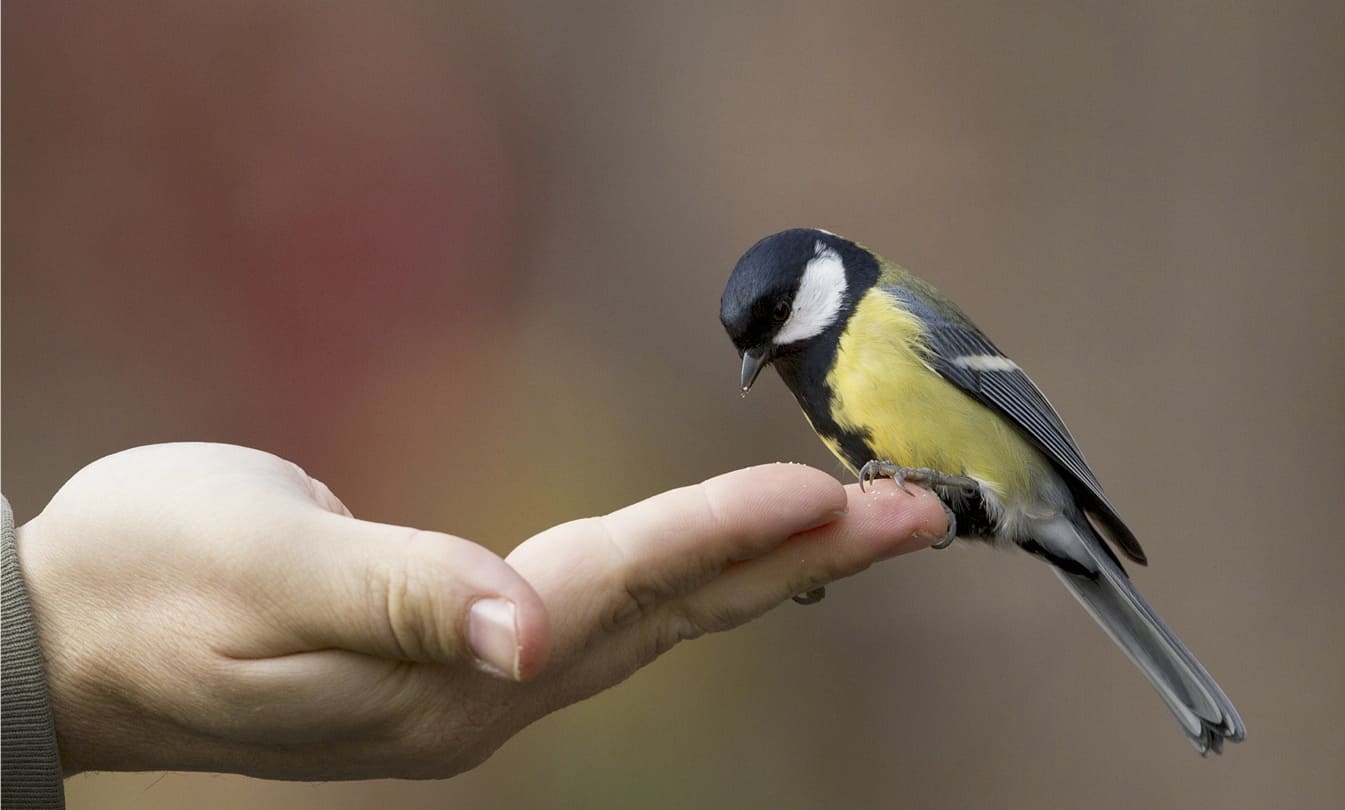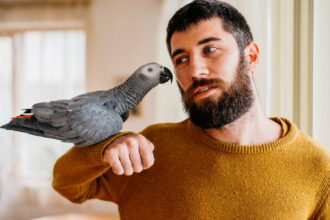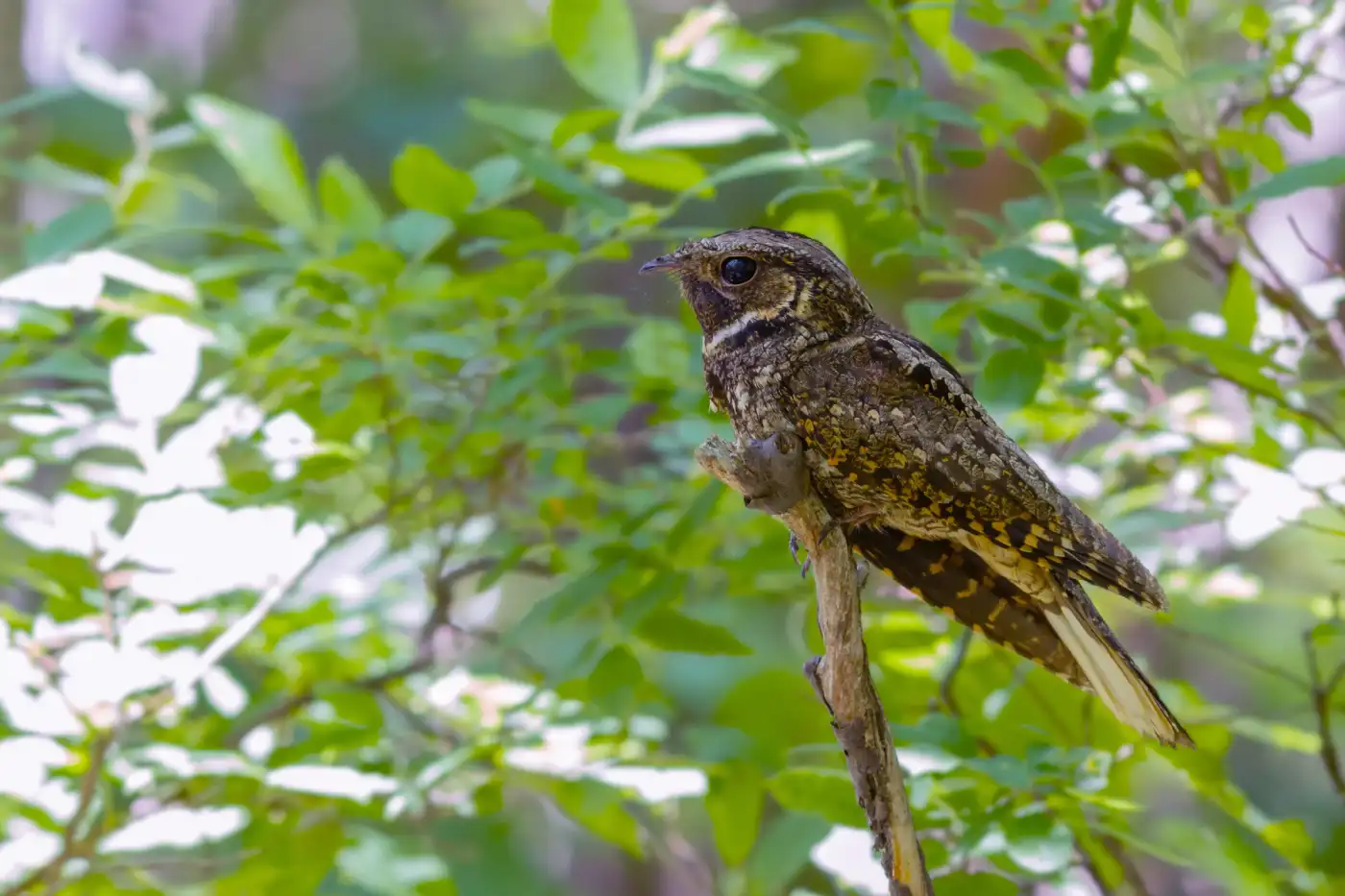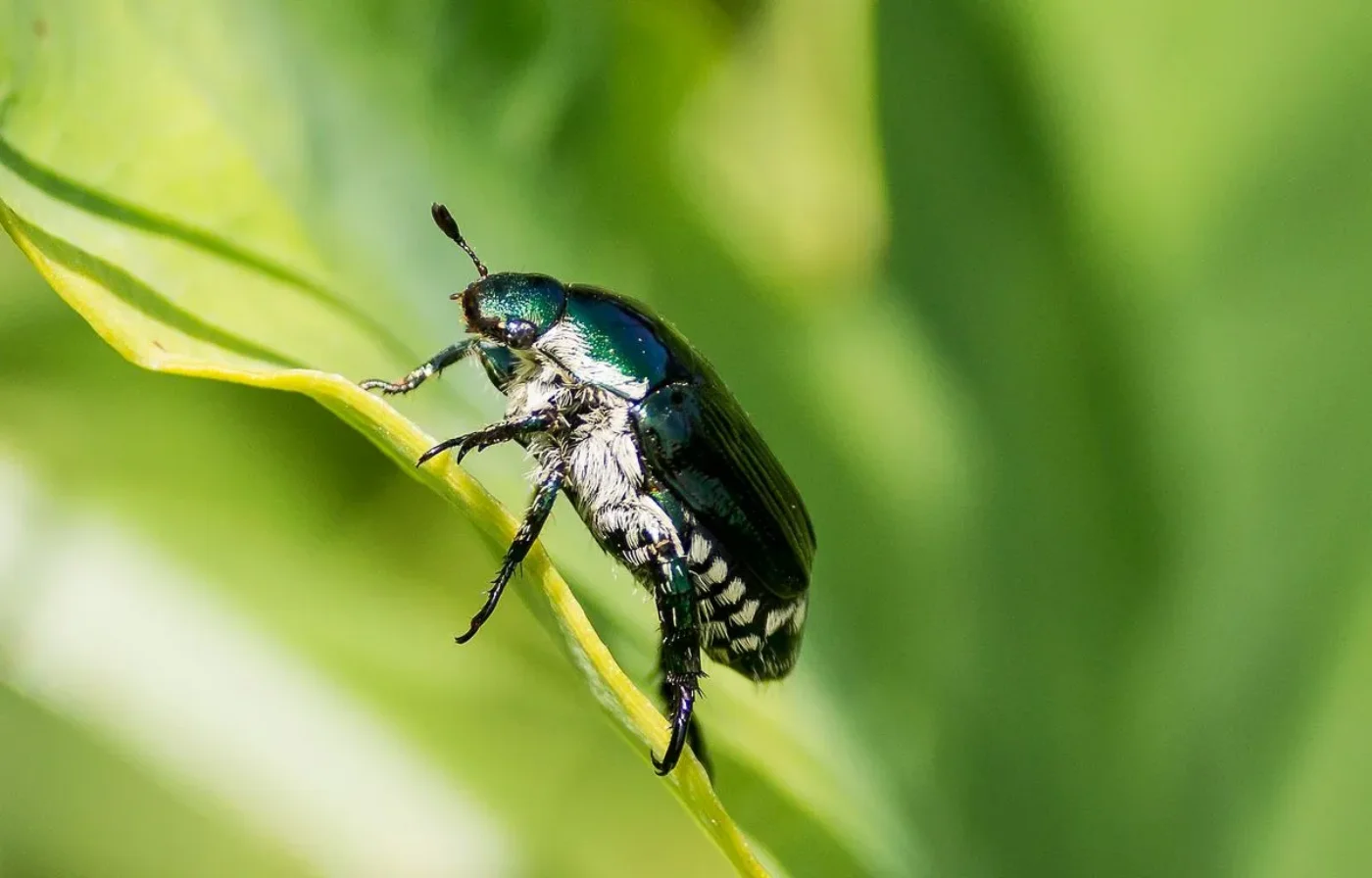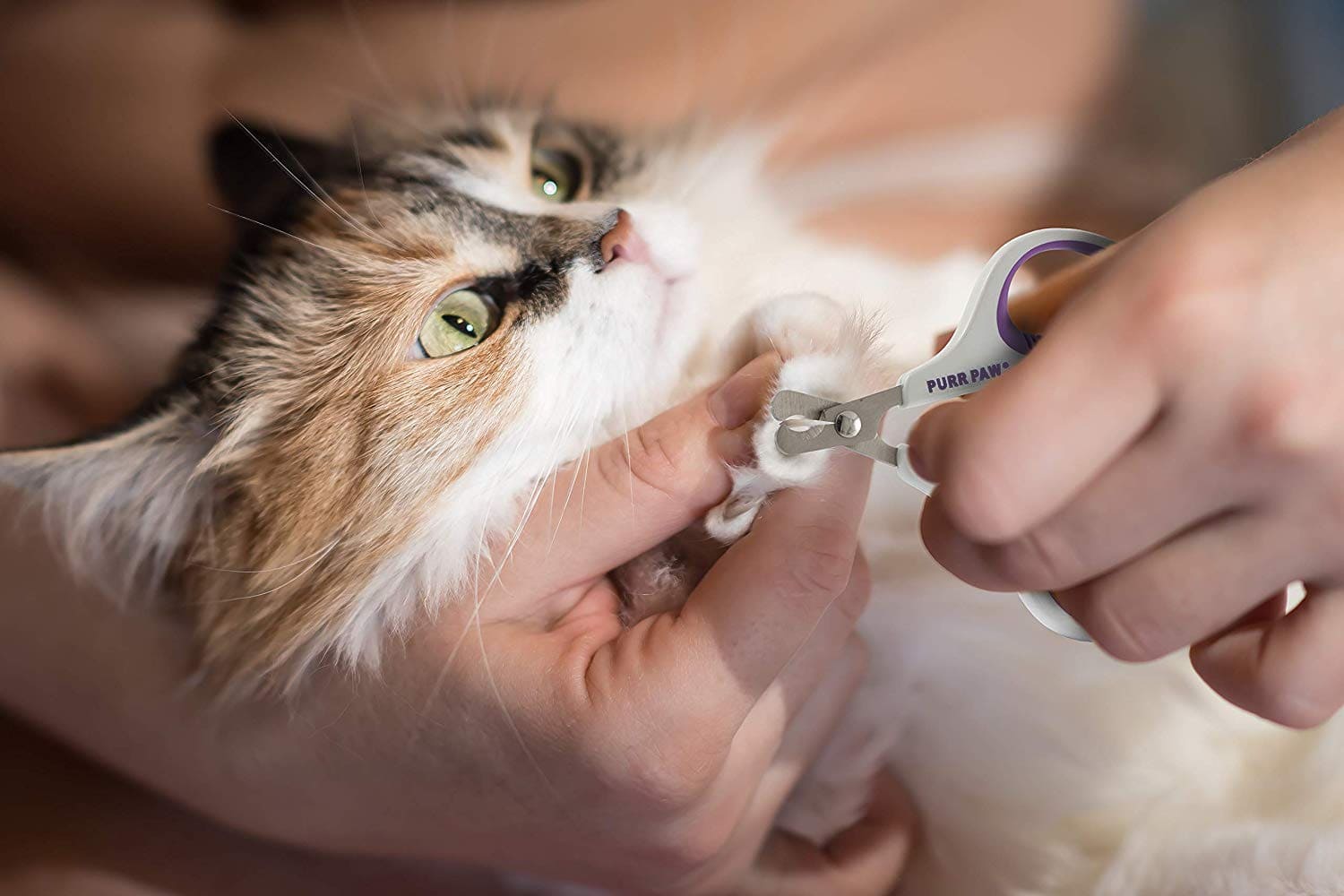In this post, we’ll provide you with practical tips on how to create a safe and healthy environment for your feathered friends while also promoting their physical and mental well-being. So, whether you’re caring for parrots, canaries, pigeons, or any other type of bird, stay tuned to learn how to give them the best care they deserve.
how to take care of birds around us
Taking care of birds around us involves providing them with food, water, shelter, and protection from harmful substances. Here are some tips on how to take care of birds around us:
- Provide a bird feeder: Place a bird feeder in your garden or backyard to provide birds with a source of food. Make sure to keep it clean and filled with fresh food.
- Offer fresh water: Birds need access to clean water for drinking and bathing. Provide a shallow bird bath or small dish of fresh water.
- Create a habitat: Plant native trees, shrubs, and flowers to create a natural habitat for birds. Provide nesting boxes or natural nesting sites.
- Avoid harmful substances: Keep birds safe by avoiding the use of pesticides, herbicides, and chemical fertilizers that can be harmful to birds.
- Keep cats indoors: Cats are natural predators and can harm birds. Keep cats indoors or in an enclosed outdoor area to protect birds.
- Learn about local birds: Familiarize yourself with the species of birds in your area and their habitat requirements. This will help you provide better care for them.
- Keep your distance: Avoid disturbing nesting birds or young birds that have fallen out of the nest. Keep your distance and contact a local wildlife rehabilitation center if needed.
By following these tips, you can help ensure that the birds around you are well-cared for and thriving.
how to take care of birds in summer
Taking care of birds during the summer months involves providing them with the appropriate food, water, shelter, and protection from the heat. Here are some tips on how to take care of birds in summer:
- Provide fresh water: Birds need access to fresh water for drinking and bathing.
- Offer fruit and nectar: In addition to their regular diet, offer birds fruits and nectar to help them stay hydrated during hot summer days.
- Provide shade: Birds need a place to escape the sun’s heat.
- Avoid feeding birds bread: Bread is not a nutritious food for birds and can cause digestive problems. Instead, offer them birdseed, fruits, and vegetables.
- Keep bird feeders clean: In warm weather, bird feeders can become a breeding ground for bacteria and mold.
- Be mindful of windows: Birds can fly into windows, especially if they are reflecting the sky or nearby trees.
- Avoid using pesticides: Pesticides can be harmful to birds and other wildlife.
- Provide nesting material: Summer is a prime nesting season for many bird species.
- Keep an eye out for baby birds: If you come across a baby bird on the ground, observe it from a distance and try to determine if it is injured or needs help.
By following these tips, you can help ensure that the birds in your area are well-cared for during the hot summer months.
how to take care of wild birds
Taking care of wild birds involves providing them with food, water, shelter, and protection from harm. Here are some tips on how to take care of wild birds:
- Provide food: Offer a variety of foods that are appropriate for the specific bird species in your area. This can include birdseed, nuts, fruits, and insects. Make sure to keep the feeding area clean and provide fresh food daily.
- Offer water: Birds need access to clean water for drinking and bathing. Provide a shallow dish or bird bath that is refilled with fresh water daily.
- Create a habitat: Plant native trees, shrubs, and flowers to create a natural habitat for birds. Provide nesting boxes or natural nesting sites.
- Avoid harmful substances: Keep birds safe by avoiding the use of pesticides, herbicides, and chemical fertilizers that can be harmful to birds.
- Keep cats indoors: Cats are natural predators and can harm birds.
- Keep your distance: Observe wild birds from a safe distance and avoid disturbing nesting birds or young birds that have fallen out of the nest.
- Provide shelter: Birds need a place to escape bad weather and predators.
By following these tips, you can help ensure that wild birds in your area are well-cared for and thriving.
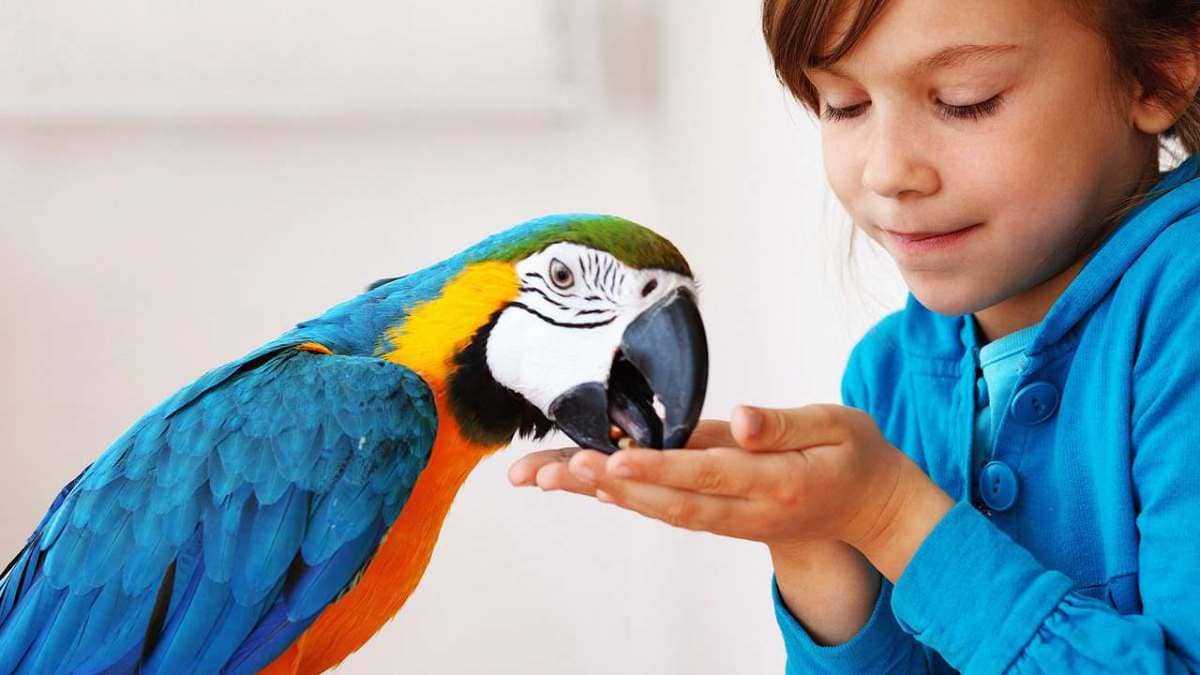
Also discover: Types of Lovebirds
how to take care of a wild baby bird
If you come across a wild baby bird that appears to be injured or in distress, it may need your help. Here are some tips on how to take care of a wild baby bird:
- Observe the bird: Observe the bird from a safe distance to determine if it is injured or in distress.
- Protect yourself: Wear gloves or wash your hands thoroughly before and after handling the bird to protect yourself from any potential diseases.
- Contact a wildlife rehabilitation center: If you determine that the bird needs help, contact a local wildlife rehabilitation center for advice on how to proceed.
- Keep the bird warm: If the bird is cold, place it in a warm, dark, and quiet place, such as a small box with a towel in the bottom.
- Handle with care: Handle the bird with care, as they are fragile and can be easily injured.
Remember that wild birds are protected by law, and it is illegal to keep them as pets or to attempt to raise them without the proper permits and training.
Always seek the advice of a wildlife rehabilitation center before attempting to care for a wild baby bird.
abandoned baby bird care
If you come across an abandoned baby bird, there are a few things you can do to help it:
- Observe the bird: Observe the bird from a safe distance to determine if it is truly abandoned.
- Protect yourself: Wear gloves or wash your hands thoroughly before and after handling the bird to protect yourself from any potential diseases.
- Contact a wildlife rehabilitation center: If you determine that the bird is truly abandoned or injured, contact a local wildlife rehabilitation center for advice on how to proceed
- Keep the bird warm: If the bird is cold, place it in a warm, dark, and quiet place, such as a small box with a towel in the bottom.
- Handle with care: Handle the bird with care, as they are fragile and can be easily injured.
- Avoid feeding the bird: Do not attempt to feed the bird unless instructed to do so by a wildlife rehabilitation center.
- Keep the bird away from pets: Keep the bird away from pets and other animals that may harm it.
- Transport the bird safely: If you need to transport the bird to a wildlife rehabilitation center, place it in a secure and ventilated container, such as a cardboard box with air holes.
Remember that wild birds are protected by law, and it is illegal to keep them as pets or to attempt to raise them without the proper permits and training. Always seek the advice of a wildlife rehabilitation center before attempting to care for an abandoned baby bird.
love birds care at home
Lovebirds are beautiful, intelligent, and social birds that can make great pets. Taking care of lovebirds at home involves providing them with proper nutrition, a clean living environment, and plenty of social interaction. Here are some tips on how to care for lovebirds at home:
- Provide proper nutrition: Lovebirds need a varied diet that includes seeds, pellets, fresh fruits, and vegetables. Avoid feeding them foods that are high in fat, salt, or sugar.
- Keep their living environment clean: Clean their cage and accessories regularly to prevent the buildup of bacteria and mold. Provide fresh water daily.
- Provide a spacious cage: Lovebirds need a spacious cage that allows them to move around freely and stretch their wings. Make sure the cage has perches of different sizes and textures to help them stay comfortable.
- Offer plenty of toys: Lovebirds are intelligent birds that need mental stimulation. Provide them with a variety of toys, such as swings, bells, and puzzles.
- Spend time with them: Lovebirds are social birds that need plenty of interaction with their owners. Spend time with them every day and talk to them in a calm and reassuring voice.
- Train them: Lovebirds can be trained to do simple tricks and can learn to respond to their names. Use positive reinforcement, such as treats and praise, to encourage good behavior.
- Keep them safe: Keep love birds away from other pets, such as cats and dogs, that may harm them.Also, make sure that their cage is secure and free from potential hazards, such as toxic plants and small objects that they could swallow.
By following these tips, you can help ensure that your lovebirds are healthy, happy, and well-cared for in your home.
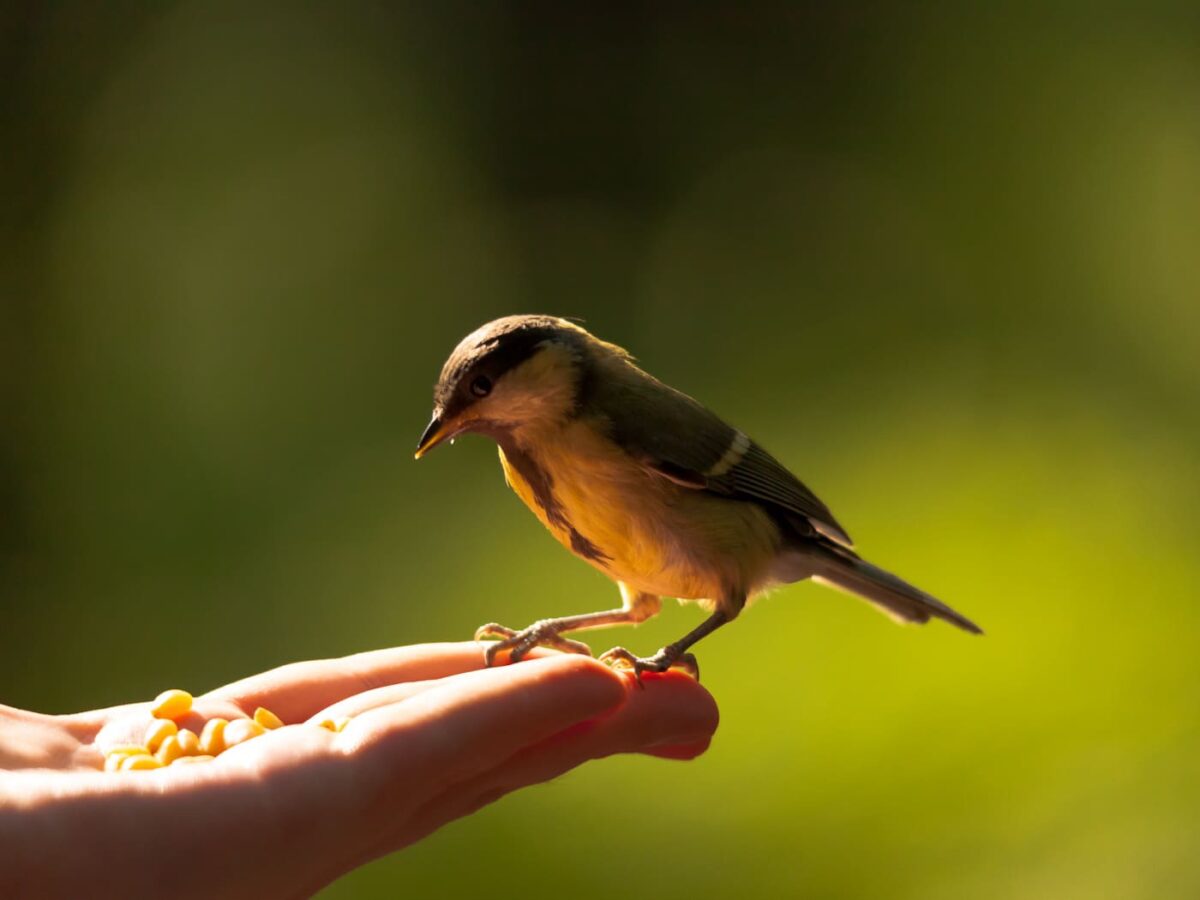
Also discover: What birds eat japanese beetles
conclusion
Taking care of birds is a rewarding and fulfilling experience that requires patience, commitment, and knowledge.
By providing birds with proper nutrition, clean living environments, and protection from harm, we can help them thrive and enjoy the beauty and wonder they bring to our lives. Whether it’s caring for wild birds in our communities or keeping pet birds in our homes, there are many ways we can make a positive impact on the lives of these feathered creatures. Let us continue to learn, grow, and evolve in our understanding of how to take care of birds, and in doing so, help to create a brighter and more compassionate world for all living beings.




